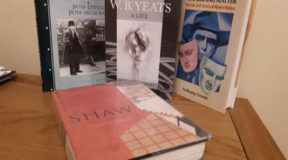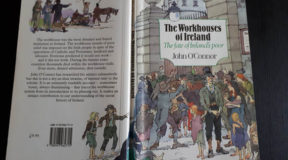The questionable majesty of queenship
Welcome to the A to Z of Historical Blunders, the show that reminds us about the dangers of history repeating itself.
The funny thing about queenship throughout history is that it was normally seen as a perversion of the perceived order, an unjust inheritance as it were, by most men you’d care to ask, especially those in power. Primogeniture was the main vehicle of royal succession; the only time women came into the mix was when it was politically expedient, and even then, the understanding was that it would be a short-lived affair until that queen produced a male heir. We all know the trouble Henry VIII had producing a male heir – “To six wives he was wedded. One died, one survived, two divorced and two beheaded.
At the height of the Viking onslaughts, Aethelflaed was the daughter of Alfred the Great, King of Wessex and the Anglo Saxons. At sixteen she married Aethelred, Lord of Mercia; hence her title, Lady of Mercia.
Some two hundred and fifty years after Aethelflaed, the Empress Matilda, daughter of Henry I and grand-daughter of William the Conquerer, would also suffer the fate of being diminished by the chroniclers. Her empress moniker came from her marriage to Emperor Heinrich V of Germany to whom she was betrothed at eight-years-old; she kept it all her life despite being widowed at twenty-three, her role as Empress dying with Henry. If she had had a son and heir, she could have ruled Germany as regent until he came of age.
Guests this week are Pauline Hall and Margaret Hayward.
The article on which this episode is based can be read here.





